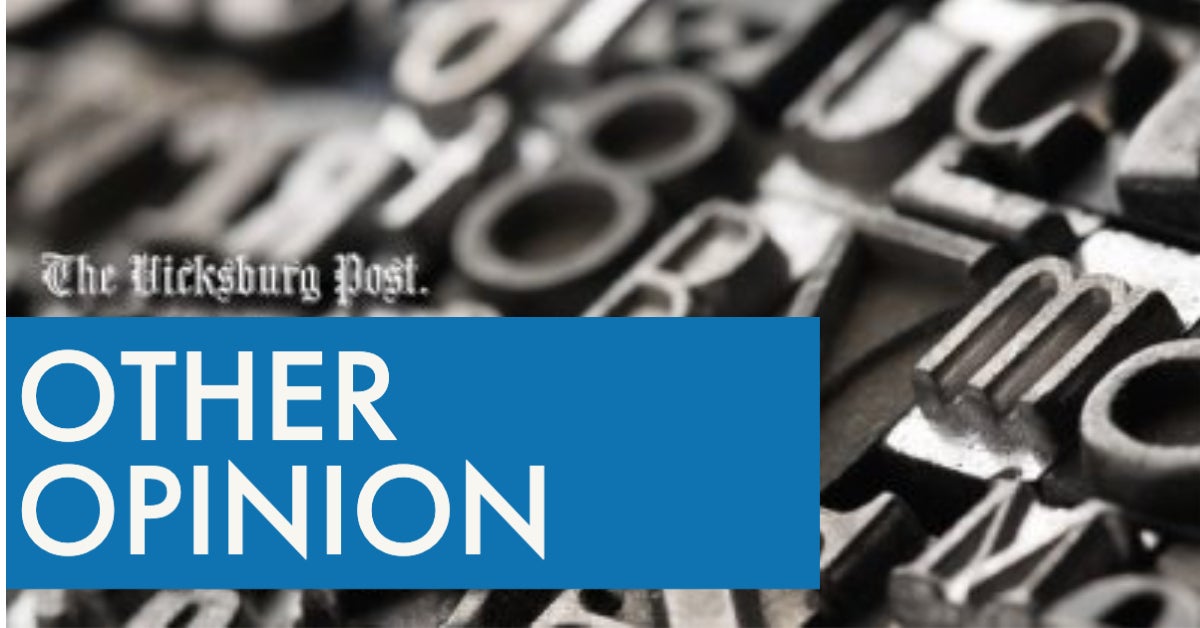OTHER OPINION: Mississippi’s third-grade reading ‘miracle’ may need work to be sustained
Published 8:00 am Wednesday, July 19, 2023
In 2013, Mississippi passed the Literacy-Based Promotion Act, which required all third graders to read at grade level to advance to the fourth grade.
At the time, Mississippi’s reading scores were historically among the lowest in the nation. The state spent two years and $20 million preparing for the roll-out of the program. The program included intensive literacy instruction for third graders reading behind grade level.
As of 2022, fourth-grade reading scores in the state went from 49th in 2013, to 21st.
In 2013, Mississippi students were nine points below the national average. By 2022, it had exceeded the national average.
In 2022, at the fourth-grade level, Mississippi’s lower-income children and lower-income Black children both outscored their peers nationwide by roughly one academic year.
The results have been referred to as the “Mississippi Miracle” by the New York Times and the Associated Press, among others.
Recently, Los Angeles Times business columnist Michael Hitzik, citing the work of education bloggers Bob Somerby and Kevin Drum, suggested the success of Mississippi’s third-grade reading gate program may not be the “Mississippi Miracle” it has been reported to be based on a closer look at the data. While we question some conclusions reached by Somerby, Drum and Hitzik, their data analysis revealed a bit of information worth following.
While Mississippi fourth-grade literacy scores now outpace the national average for both white and Black students, eighth grade literacy scores are far below the national average.
This suggests students who received intensive literacy instruction in third grade made only temporary gains, briefly besting their national peers in fourth grade but falling back behind in subsequent years.
That’s easy to understand: It’s reasonable to assume the conditions (socio-economic status, family status, etc.) that caused the students to fall behind by the third grade persist beyond the third grade, despite the instruction.
The decision to implement this program at the third-grade level was not random. Studies showed that a child who cannot read at grade level by third grade is unlikely to ever catch up.
We suspect the same can be said for those not reading at grade level in fourth through twelfth grades too.
Yet there is no program — and certainly no additional funding — to reinforce what they learned through the intensive instruction they received in the third grade.
The data suggest students may benefit from additional intensive instruction beyond the third-grade year.
Mississippi’s commitment to improving reading shouldn’t begin and end in the third grade.
We believe establishing some program along the lines of the third-grade gate for subsequent grades might truly change the landscape of public education in our state.
By definition, a miracle is something that is inexplicable. We much prefer success built on commitment and resources.
Originally published in the Columbus Dispatch.






